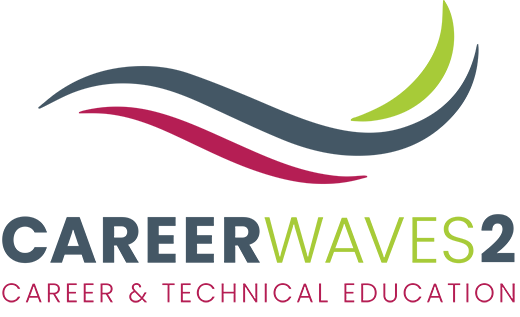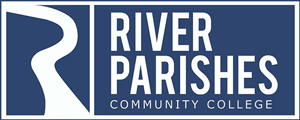Posted on jobshadow.com
Justin Vacula gets JobShadowed about his role as a teacher’s assistant for a non-profit. You can find Justin on his website  www.justinvacula.com and on his Twitter feed in the sidebar of this interview.
www.justinvacula.com and on his Twitter feed in the sidebar of this interview.
What do you do for a living?
I work as a teacher’s assistant for a non-profit organization which hosts a program for adults with intellectual and developmental disabilities. The program teaches job readiness skills and includes sections on customer service, work/life balance, understanding rules and regulations in employee handbooks, job searching, and more. The program combines experience at internship sites and interactive learning in a classroom setting.
How would you describe what you do?
While in the classroom, I help students stay on task, assist with coursework, individually coach students when needed, and work to reduce or prevent any conflict which may occur. I also keep track of attendance, work with the classroom instructor, communicate with the program director, and encourage students to succeed. While at the internship site, I supervise students; I provide advice to accomplish tasks efficiently, address any concerns or problems, motivate students, and help students work through problems and concerns.
What’s a typical work week like?
I arrive at the internship site or the classroom early in the day before students arrive and the day’s activities begin. Before it is time to start the day’s activities, I check-in with students and talk about current events, daily life activities, and more. In class, the instructor sets an agenda which I facilitate. At the internship site, I work alongside students in my supervisor position. The work week includes – at this time – three days at the internship site and two days in the classroom for a total of about 36 hours a week.
How did you get started?
The non-profit organization which I currently work for posted a job offer and I responded. I became aware of this job offer through a person I had met from a community organization of which I am the co-organizer and spokesperson.
What do you like about what you do?
My job is meaningful in that I help adult students learn real-world skills which translate to success not only in the workplace, but also everyday life activities. I see significant progress within students as their self-esteem increases, they learn to resolve and prevent conflicts, and they cultivate a passion for learning and working.
What education, schooling, or skills are needed to do this?
I have a bachelor’s degree in Psychology and Philosophy and am currently attending graduate studies in Mental Health Counseling. I had also worked as an internship in a Behavioral Health Facility. Some of my co-workers have experience working with populations of adults with intellectual and developmental disabilities.
What is most challenging about what you do?
This job requires a great deal of patience and understanding. Working with a population of adults with intellectual and developmental disabilities requires me to consider challenges others may face and not become frustrated or angry.
What advice would you offer someone considering this career?
I would advise others considering working in a classroom setting or with adults with intellectual and developmental disabilities to consider work/life balance and ‘leave work at work.’ After working with these students for over a year – and even after a few months – trusting relationships have been established and students have confided concerns not only related to the learning experience, but also in their personal lives.
What is a common misconception people have about what you do?
People may think that working with adult learners is a trivial task, but it is not. This job requires a high level of dedication, patience, tolerance, and vigilance. I act proactively in the classroom and on the internship site to prevent conflict and properly address conflict should it arise. I have to also understand that learners face special challenges and be aware of this in order to facilitate students in achieving success.
What are your goals/dreams for the future?
I hope to continue to work with this organization and future iterations of classes. As I progress in my graduate studies I can use information and techniques I learn to bolster my performance at work and help students.
What else would you like people to know about your job/career?
Working with students, although it has its challenging moments (as may any job), is very rewarding and meaningful.




